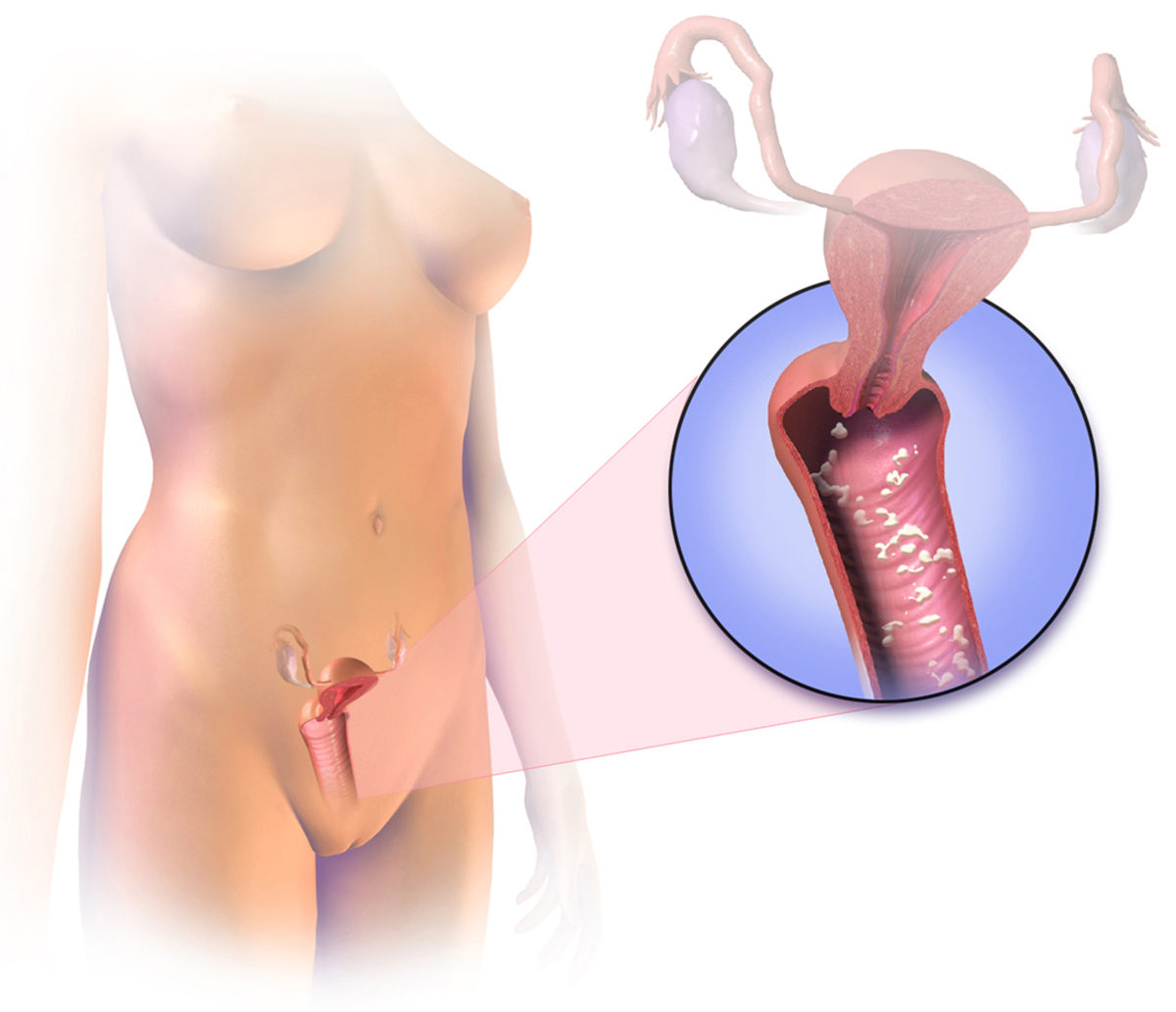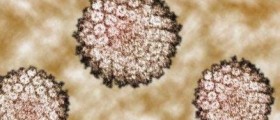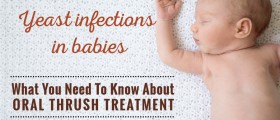
Are Yeast Infections Contagious?
Althoughthere are many cases where it seems like a yeast infection is transmitted between people, most medical professionals contest that yeast infections are not actually contagious. Every person has a certain amount of the candida yeast fungus on their body at any given time; this is completely normal, but when the amount of yeast increases for one reason of another, a person can contract an infection. These infections can technically be transmitted sexually, but are not considered as STI's.
Usually,regular sexual partners will inhabit the same environment as the other. The environment determines how much of a risk of a yeast infection a person runs. Candida infections typically occur in hot, moist areas of the body, usually in warm crevices such as the groin or mouth, and in warm or humid climates these states will naturally be exaggerated.
Antibioticsalso play a major part in yeast infections, since they kill off the good bacteria that prevent the candida from spreading. If there are too few good bacteria, the candida might create an infection.
Whileyeast infections are technically not sexually transmitted, sexual intercourse can increase the risk of contracting such an infection due to the heat generated in the genitals and the sharing of candida. However, there have been new types of candida appearing recently that are actually contagious and patients who stay in hospitals for long periods of time are at an increased risk.
Symptomsof Yeast Infection
Yeastinfections typically show up as red, itchy areas of the skin in the affected area of the body. This area can become painful and may bleed or ooze fluid with repeated scratching. On the mouth, a yeast infection will usually look like white or red patches on the inside of the cheeks and the tongue.
Ayeast infection can also appear in the oesophagus and can spread to the stomach and subsequently to the intestines. This can affect the digestive system and can become a serious problem, so it must be dealt with as soon as possible.
RemedyingYeast Infections
Thebest course of action in preventing yeast infections is to target the areas where the infection typically forms and keep them very clean and dry. Yeast feeds on sugar, so restricting sugar intake in one's diet can also help prevent an infection or alleviate an existing one. There are many different medications that can help relieve a yeast infections, ranging from topical creams to oral tablets. Persistent or particularly painful or severe yeast infections may require medical attention to diagnose the cause and check for underlying factors.

















Your thoughts on this
Loading...